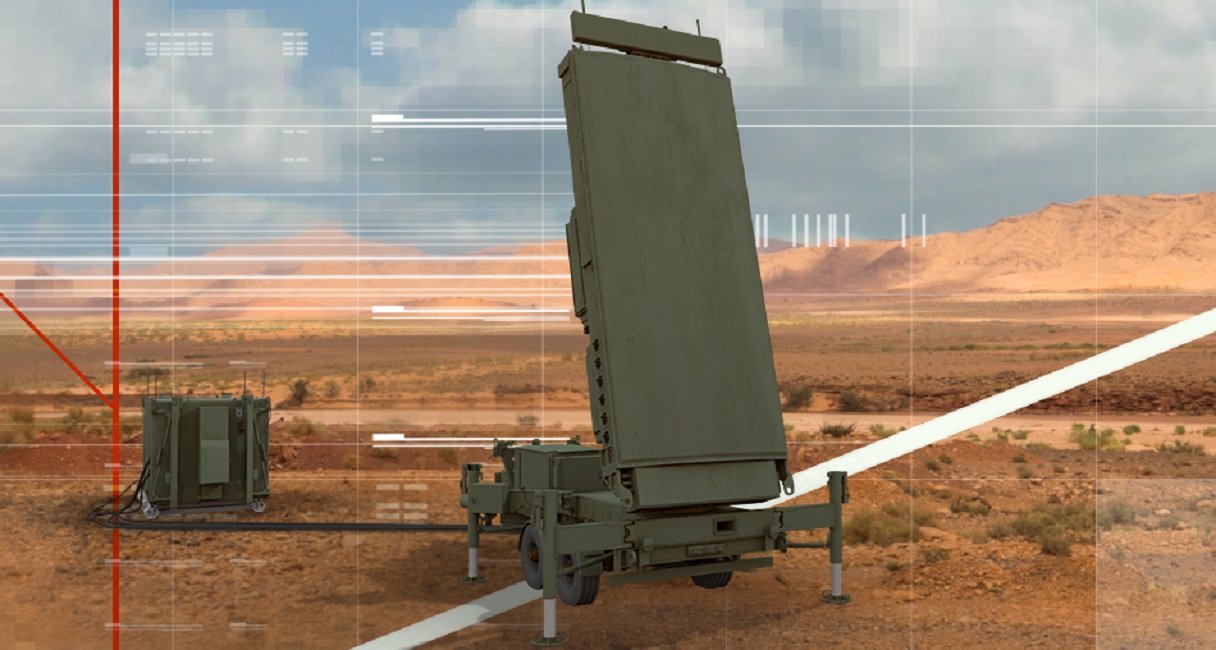
The U.S. Air Force wants to cancel Raytheon’s troubled contract for a new ground-based radar system and look to breathe new life into its Three-Dimensional Expeditionary Long-Range Radar Program.
Inside Defense reported Jan. 8 the U.S. Air Force plans to cancel a contract with Raytheon to develop the Three-Dimensional Expeditionary Long-Range Radar due to “numerous technical and supplier challenges.”
“The Air Force is changing its acquisition strategy for the Three-Dimensional Expeditionary Long-Range Radar (3DELRR) program and will take actions to conclude its current engineering and manufacturing development contract with Raytheon,” Air Force spokeswoman Patty Welsh told Inside Defense today.
“The current contractor experienced numerous technical and supplier challenges in the development of their radar that extended the schedule,” she said. “Current market research shows that due to advancements in technology, other alternatives are now available that can deliver the capability faster.”
USAF early said that it needs the new radar that is more powerful, easily transportable, and faster than aging AN/TPS-75, or Tipsy 75.
The Raytheon’s website said the radar, which company designed and manufactured for the U.S. Air Force, is one of the first U.S. systems built from the ground-up with exportability in mind. As a Department of Defense Design Exportability Features (DEF) Program, concurrent design enables more cost effective and timely fielding of systems for U.S. forces, allies and security partners.
Raytheon’s 3DELRR solution is a C-band gallium nitride-based radar. This combination enables warfighters to affordably detect, identify and track a wide variety of objects very accurately at great distances. Additionally, C-band is a relatively uncongested portion of the electromagnetic spectrum, providing our warfighters additional operational flexibility.
The service’s fiscal 2020 budget request shows Raytheon was supposed to deliver its first developmental unit late this calendar year, ramping up to full production rates by the middle of the 2020s.